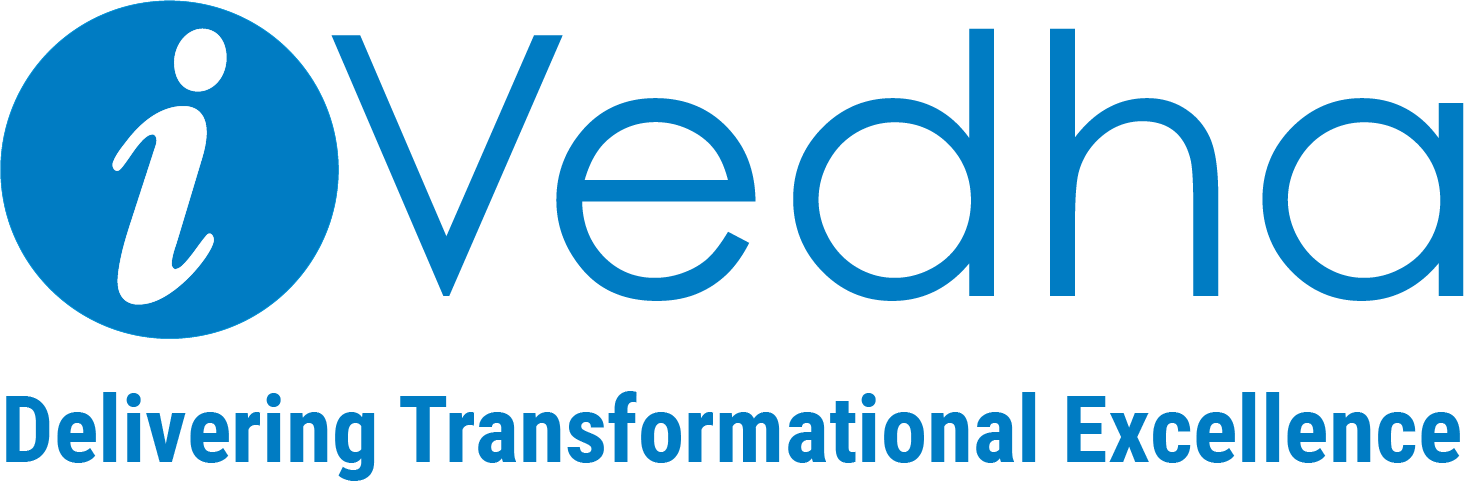Engaging in routine penetration testing and vulnerability scanning provides a snapshot of an organization's security…

Leverage FinOps to reduce cloud computing costs
Organizations can successfully manage their cloud computing expenditures with the use of a set of strategies, ideas, and technologies known as FinOps (Financial Operations). FinOps includes finance, business, and technology to empower organizations to make data-driven decisions regarding cloud usage and spending.
As more businesses adopt cloud computing and the price of cloud services rises, FinOps is becoming increasingly crucial. It aids enterprises in making the most of their cloud spending by offering information on cloud usage, locating areas for cost savings, and putting cost management techniques into practice which ultimately results in maximizing ROI.
The main objective of FinOps is to collaborate to reduce cloud expenses while ensuring that the company gets the most benefit from its cloud expenditures and is handled by a team of professionals with a variety of expertise, including finance, engineering, and business.
How can FinOps benefit your business?
FinOps is highly beneficial for businesses that want to effectively manage their cloud costs, maximize cloud usage, and match cloud usage with corporate goals. Implementing FinOps in the development lifecycle offers increased transparency in cloud costs and resource usage.
Additionally, it fosters teamwork and agility while assisting firms in remaining compliant with rules and standards. Some of the key benefits that can be achieved with finOps are:
· Cost Optimization: By giving insights into cloud usage and spotting cost-saving options, FinOps enables businesses to optimize their cloud costs. This guarantees that the business is getting the most out of its cloud investments and is not overspending on cloud resources.
· Business Alignment: FinOps aids in coordinating cloud utilization with organizational objectives. They assist in ensuring that cloud usage complies with governance and compliance requirements. While maintaining compliance with rules and standards, it aids enterprises in managing cloud usage and expenditures.
· Collaboration: FinOps encourage collaboration between finance and development teams within an organization. Teams may optimize cloud utilization and expenses, enhance workflows, and provide better business results by cooperating.
· Agility: FinOps helps businesses become more agile by enabling them to swiftly modify their cloud usage and spending in accordance with business requirements. This enables businesses to adapt to shifting market conditions and customer demands.
Key Components of FinOps
Culture: A shared awareness and accountability for cloud costs across the enterprise are what the FinOps culture is all about. This entails encouraging a culture of collaboration where teams from all backgrounds collaborate to reduce cloud costs while making sure the company is maximizing its cloud expenditures.
Process: Throughout the cloud lifespan, FinOps covers cloud cost forecasting, monitoring, reporting, and optimization. To lower the risk of human mistakes, processes should be data-driven and automated whenever possible.
Tools: FinOps tools consist of analytics tools, cost optimization tools, and cloud cost management systems. Teams can use these tools to acquire an understanding of cloud usage, spot cost-saving opportunities, and put cost-management techniques into practice.
When to begin your FinOps journey?
FinOps can be used at any stage of a company’s cloud journey. However, it is best to implement as early in the cloud adoption process as possible to ensure that cloud costs are effectively managed from the start. But it is especially critical during the:
Cloud Migration: When a company migrates its applications and workloads to the cloud, FinOps can help ensure that the migration is cost-effective and that the company does not overspend on cloud resources.
Rapid Growth: When an organization experiences rapid growth, it is critical to use FinOps to ensure that cloud resources are optimized to meet increased demand without incurring significant costs.
Cost Optimization: When a company wants to reduce its cloud costs, FinOps can provide insights into cloud usage and identify cost-cutting opportunities.
Budget Constraints: When an organization has a limited budget, FinOps can assist in managing cloud costs and ensuring that cloud resources are used efficiently in order to stay within budget.
Compliance Requirements: When an organization has compliance requirements, FinOps can assist in ensuring that cloud usage adheres to regulations and policies.
How to implement FinOps effectively and boost productivity
Understanding the FinOps Principles: The first step towards adopting FinOps is to understand the principles behind it. The team should be aware of the best practices, processes, and tools that FinOps offers.
Identifying Key Stakeholders: FinOps requires collaboration between various teams in an organization, including finance, operations, and IT. The key stakeholders in an organization are responsible for implementing and executing the FinOps practice.
Setting Up a FinOps Team: This team will be responsible for implementing and executing the FinOps practice within the organization.
Establishing a FinOps Culture: FinOps is also about creating a culture of accountability and ownership within the organization. The culture of FinOps within an organization can be established by promoting transparency, communication, and collaboration.
Implementing FinOps Tools: Identifying and implementing FinOps tools that are suitable for the organization can help you manage cloud costs effectively.
Monitor and Optimize: Continuous monitoring is required for cloud costs and usage and optimizing them based on the data collected helps identify areas where costs can be saved and adjustments are needed.
Why iVedha for FinOps?
iVedha’s cloud solutions enable businesses to make intelligent and strategic decisions without being limited by their existing infrastructure. We help companies accelerate digital transformation and cloud optimization strategies for multi-cloud environments.
Our FinOps entails developing a culture of cooperation and accountability for cloud costs, putting in place data-driven processes for managing cloud costs across the cloud lifespan and utilizing tools to learn more about cloud usage and prices which can help your organization optimize your cloud spending and improve your overall operational efficiency.
From understanding the FinOps principles to Identifying key stakeholders, establishing FinOps culture, Implementation of FinOps tools & best practices, and constant monitoring and optimization, iVedha got it all covered.
Begin today and work with our experts to maximize the potential of your business.
Click here to get in touch.




